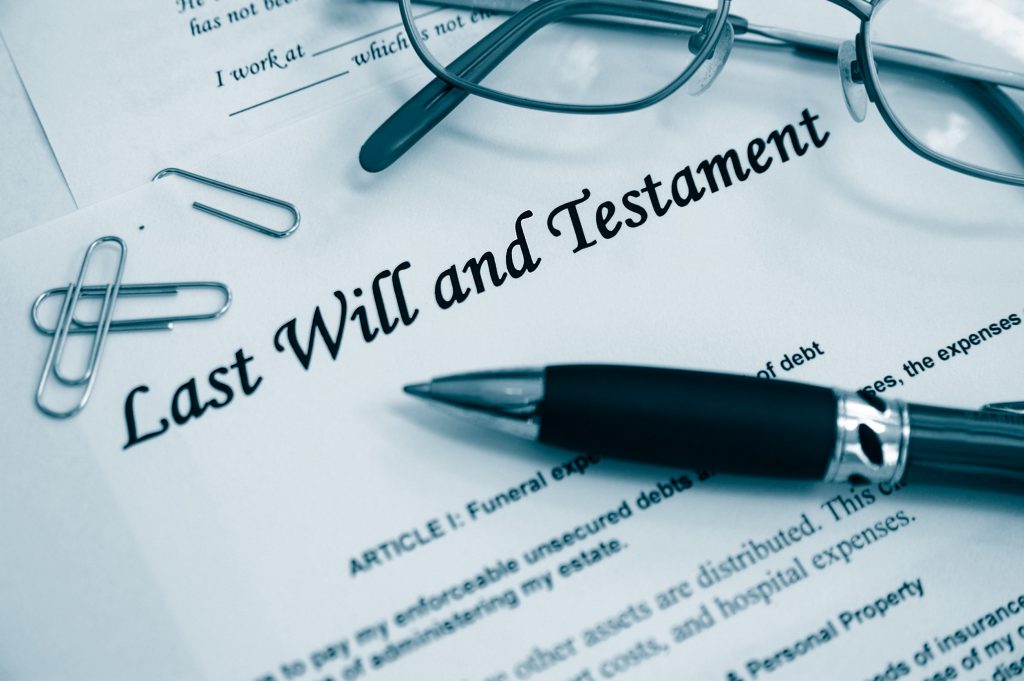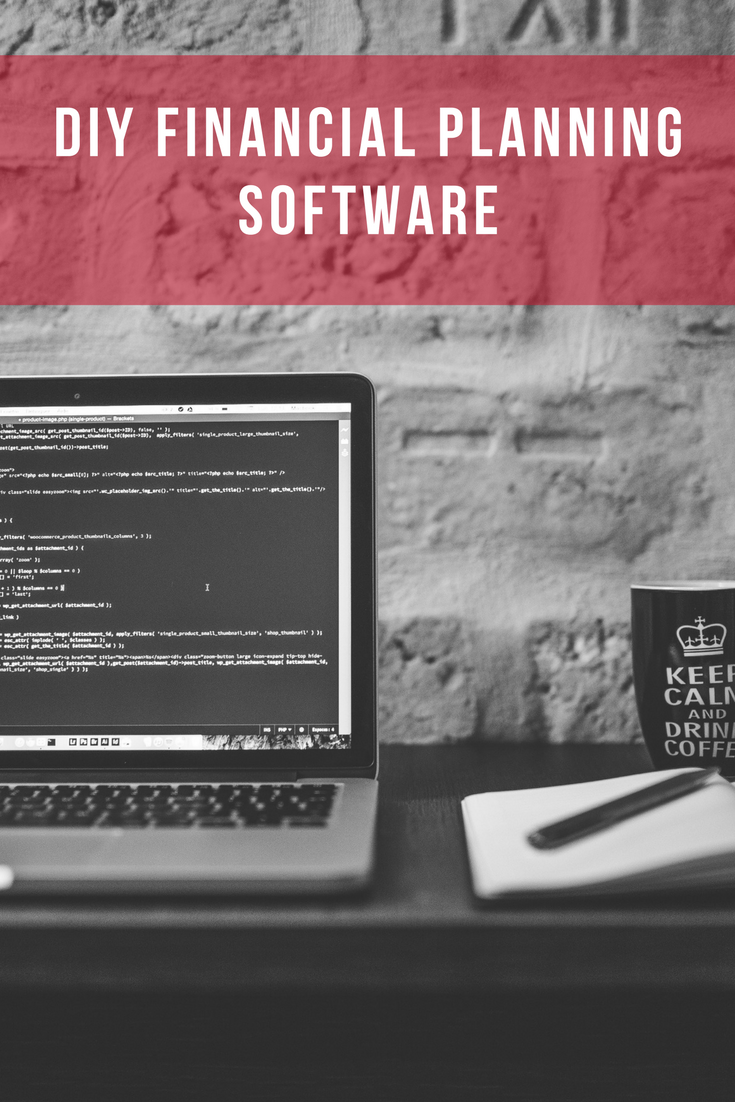
If you’re the adult child of aging parents, having open, honest conversations about finances could be essential. By learning more about your parents’ situation, you can make sure that their future is bright. You’ll have a chance to intervene if necessary and prepare for emergencies. Plus, you’ll be better equipped to navigate their passing if you’re the executor of their estate. Thankfully, by asking the right questions, you can head down the right path. Here are ten questions you need to ask your parents about their finances now.
-
What Does Your Financial Plan Look Like?
First, you want to ask your parents for an overview of their financial plan. Along with insights into their income and expenses, it’s wise to discuss savings and retirement account balances. That way, you can determine how long those funds will last.
Additionally, you may want to touch on other aspects of their financial lives. For example, since home equity can be tapped, knowing how much is available may be wise. Asking about their medical insurance – particularly their long-term care coverage – is similarly intelligent, ensuring you know how much funding is available if they need prolonged care.
-
Are You Worried About Running Out of Savings?
This question is less about learning the nuances of their financial situation and more about discovering their mindset. It lets you know if their savings account balances are a source of stress, giving you an opportunity to find out more about their concerns. Then, you can work together to address them.
Additionally, it can let you know if there are mental health issues forming, such as depression or anxiety. In some cases, it may even allow you to discover signs of cognitive decline, depending on how their answers compare to the reality of their situation. In any case, it’s a smart question to ask.
-
Is There a List of All of Your Accounts Available?
Having a list of all of the financial accounts available is crucial for several reasons. Along with simplifying the management of their estate after their passing, it gives you an overview of what has to be covered if they’re suddenly incapacitated or experience an unexpected drop in income.
Ideally, the list should include specific details regarding the accounts. For debts and expenses, the company name, account number, due date, payment amount, and remaining balance are critical, as well as any logins or passwords. For savings, investment, life insurance, or similar accounts, the company name, account number, logins, passwords, account value, and beneficiary name are musts.
-
Do You Have a Will (and Who Is the Executor)?
Knowing if your parents have plans for their estate helps you prepare for their passing. If they have a will, find out its location. Additionally, ask for the name of the executor, as they’ll need to be involved quickly after your parents’ passing. You should also find out if they used an attorney to draft the document and the lawyer’s contact information, giving you another resource should your parents’ copy become misplaced or damaged.
If they don’t have a will or estate plan, it’s wise to recommend they get one in place. You could help them find an attorney and offer the pay the cost, as well as accompany them if that makes them more comfortable.
-
Do You Have a Life Insurance Policy?
Ideally, information about any life insurance policies should be on the list of accounts. However, if you don’t see a life insurance policy, ask about it directly. If your parents are still working and have a policy through an employer, they may have forgotten to include it in their list, so it’s wise to follow up.
-
Do You Have a Financial Power of Attorney?
A financial power of attorney gives a person the ability to name someone who can make financial decisions for them if they are incapacitated. Finding out if they have a financial power of attorney in place and who is named on the document is helpful. Then, if there’s an emergency, you know who is able to handle certain activities and make various decisions.
-
Have You Had Any Trouble Remembering to Pay Your Bills or Balancing Your Accounts Lately?
While anyone can make a mistake on occasion, if your parents are forgetting bills or struggling to balance their accounts regularly, that could be a sign of mental decline. Many older adults with memory issues have trouble tracking their obligations. Additionally, they may struggle to handle the calculations involved in balancing their accounts or may have difficulty keeping tabs on the date.
If they are having difficulties, it’s wise to create a plan to ensure their financial life remains on track. Also, speak with them about scheduling an appointment with their medical provider to determine if there is an underlying cause.
-
Where Do You Keep Your Financial Paperwork?
If your parents pass or become incapacitated, you may have a need for different kinds of financial paperwork. For example, you might require deeds to certain property, account statements, or past tax returns. By asking where they keep that information, you’ll know where to look should the need arise.
-
How Do You Typically File Your Taxes?
Knowing how your parents usually file their taxes is beneficial. Not only does it give you a source of records, but it also lets you know if they’re receiving help or handling the work on their own. Plus, it could make filing any final tax returns easier if you can turn to the same method, though this isn’t always the case.
-
Do You Have a Safe Deposit Box?
Many people use safe deposit boxes to store valuable items. If your parents have one, find out which institution it’s at, the location of the key, and any other details that help you access it after their passing or as an approved financial representative.
Without the location information, tracking down a safe deposit box can be tricky. Similarly, if you don’t have a key, getting access requires extra steps. You may have to pay a fee to have it drilled. Additionally, if they don’t have the ability to drill the lock on-site, you might have to wait to access the contents, which may not be ideal.
Can you think of any other financial questions you need to ask your parents now? Share your thoughts in the comments below.
Read More:
- Should I Let My Parents Move in with Me for Financial Reasons?
- Is It Time for a Financial Power of Attorney?
- Guardianship vs. Conservatorship: 5 Things You Should Know
Tamila McDonald is a U.S. Army veteran with 20 years of service, including five years as a military financial advisor. After retiring from the Army, she spent eight years as an AFCPE-certified personal financial advisor for wounded warriors and their families. Now she writes about personal finance and benefits programs for numerous financial websites.




